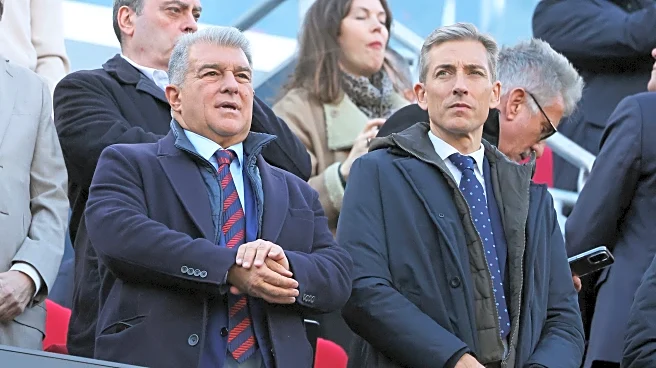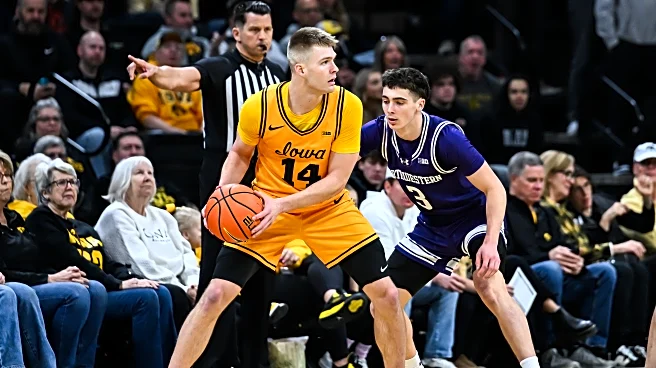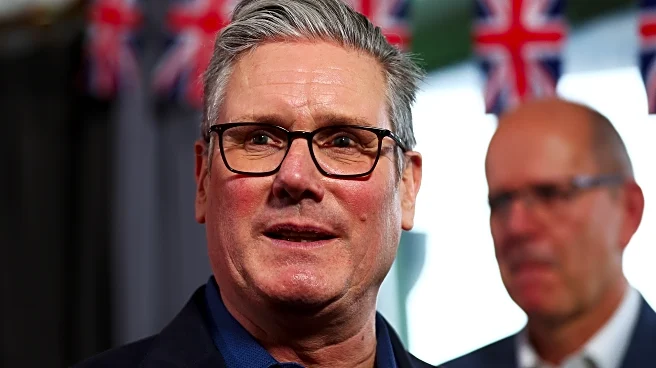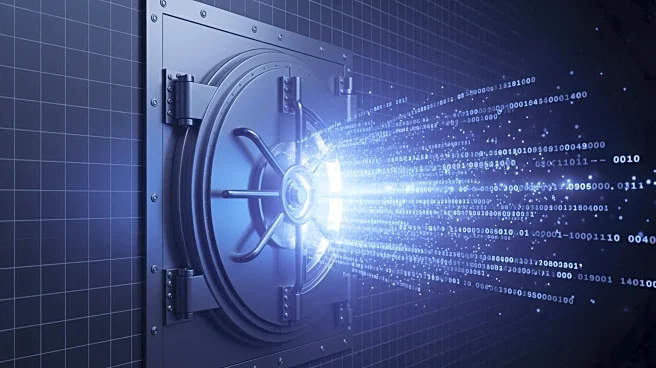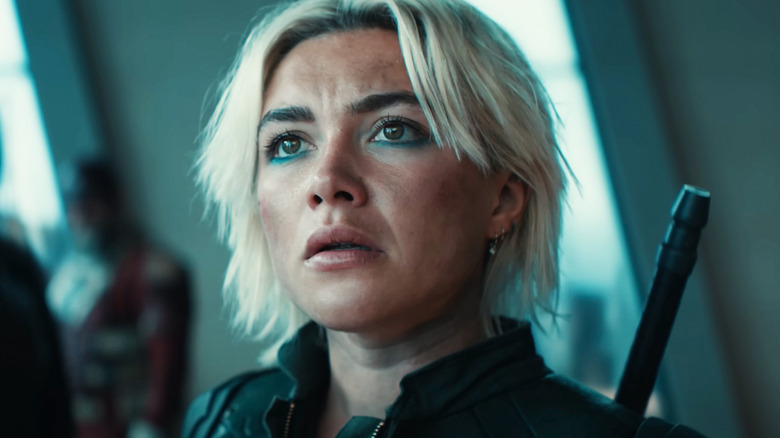
It's a real shame "Thunderbolts*" didn't make more than it did at the box office. The first Marvel Studios movie in some time with something to say should have been a bigger hit, but with so much working
against the superhero genre in 2025 and a lack of any major heroes in its cast, the film never really had a chance.
The reality is that, in the wake of its protracted struggles, Marvel Studios needs more event movies. In 2024, "Deadpool & Wolverine" obliterated the box office, suggesting the company might just be able to turn its cinematic fortunes around. Sadly, 2025 got off to a bad start for Marvel Studios with the safe, forgettable rehash that was "Captain America: Brave New World." After that disappointment, all eyes were on the next movie, and the final installment in Phase 5 of the Marvel Cinematic Universe: "Thunderbolts*."
In many ways, "Thunderbolts*" is the anti-"Deadpool & Wolverine." It's an emotional gut punch of a film that has finally matured the MCU by demonstrating its individual chapters can actually explore meaningful themes beyond promoting whatever the next installment in the franchise might be. The movie is one long allegory for depression or, more specifically, human resilience in the face of mental health challenges and unaddressed trauma, weaving an uncharacteristically moving narrative that ends with a celebration of human connection as one of the most potent weapons in the battle against our darkest moments. However, it seems one crucial aspect of that ending proved to be contentious enough that the film's writer and director couldn't agree on how it should be conveyed.
Read more: Every Marvel Character Locked Up In The Raft
Thunderbolts*' Group Hug Ending Was Controversial Behind The Scenes
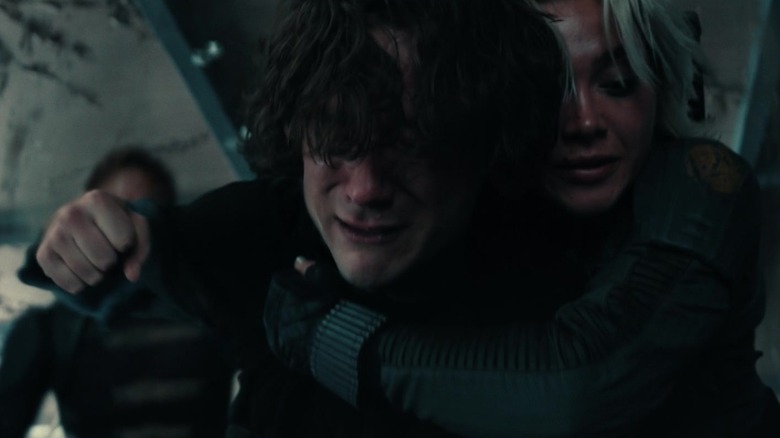
"Thunderbolts*" might have disappointed some filmgoers, seeing as it's less of a real Thunderbolts movie and more of a surreptitious introduction to a new Avengers team — hence the "*" included in the movie's title on the posters. But for fans who'd been waiting for Marvel to prove its films could be more than the theme park attractions Martin Scorsese once so accurately described them as, "Thunderbolts*" is a special movie.
It wasn't just that the film had something to say about loneliness and depression. Its performances were excellent, too, in particular Lewis Pullman's portrayal of Bob/Sentry/The Void. The character(s) serves as the movie's antagonist, but Bob starts out just a confused guy with mental health issues before he's transformed into Sentry by Julia Louis-Dreyfus' Valentina Allegra de Fontaine. A kill switch designed to limit Sentry's power ultimately backfires when it transforms him into The Void, a character that is essentially a manifestation of Bob's depression and trauma. In order to save the world from being subsumed by The Void's darkness, Florence Pugh's Yelena Belova and her ragtag group of antiheroes have to literally venture into the dark recesses of Bob's mind to rescue him from his own past traumas. Ultimately, the crew manage to bring him back with what is essentially a big group hug, reassuring him that he's not alone and bringing him out of his shadow world.
It was this group hug that proved so contentious. Speaking to The Hollywood Reporter, Eric Pearson (who co-wrote "Thunderbolts*" with Joanna Calo) revealed that he and director Jake Schreier couldn't agree on whether to refer to this final embrace as a "group hug" or not. "It absolutely is a group hug," the writer remarked. "I think I wrote a line that was a comment on it: 'Did we just save the world with a group hug?' In retrospect, referencing it makes it terrible, and he's totally right about that." Pearson went on to say that his script note likely "soured" Schreier on the idea of this final moment being a "group hug," adding, "I'm not speaking for him in any way. On the page, it probably got a laugh, but then if you applied it to the actual movie, it would've been like, 'Ew.' It would give you the ick."
Whether You Call It A Group Hug Or Not, It Was Integral To Thunderbolts' Story
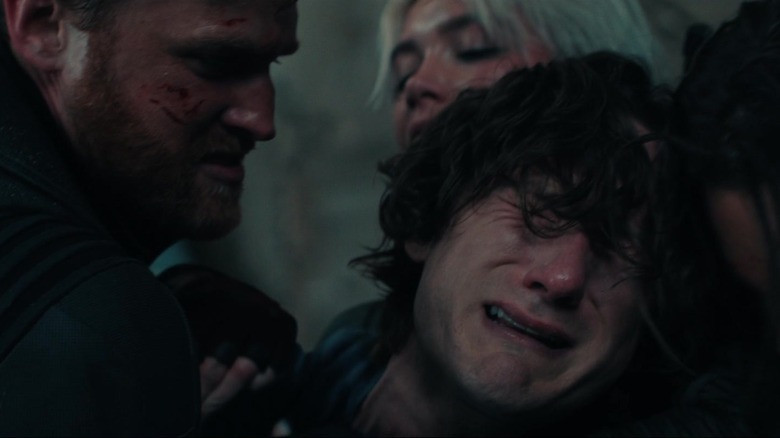
Though much of "Thunderbolts*" is surprisingly bleak in its depiction of its characters' mental health struggles, it is ultimately a film about hope (and arguably a better movie about hope than James Gunn's "Superman"). Without that final embrace, however, the hope aspect wouldn't have been quite as effective.
Jake Schreier, who will be directing Marvel's "X-Men" reboot, spoke to Comingsoon.net about the ending and acknowledged that a hug was the best way to wrap up the story the film was trying to tell. As he put it:
"The hope was like, 'Alright, well, we don't want to have it just be a conversation or talking him down, like, can we visualize, can we dramatize that internality?' And that was what led to all of these void rooms and that journey that they go through. But then when it really comes time for that last moment, I mean, I just think we couldn't figure out a way where it really made sense to say that, like, you can punch out your depression, you can punch out your dark side, you know? It just didn't feel like it was ever going to be right to kind of resolve the ending with direct violence. It just didn't make sense for the character."
He went on to talk about how hard he and the rest of the film's creative team worked to establish Bob as a character so that they could "earn that moment" when the Thunderbolts embrace him at the very end. The director also added that this wasn't "meant to literally just be a hug," either; rather, it's a moment where the heroes collectively pull Bob back from his dark self. However you want to describe it, then, I think it's fair to say that Schreier, Eric Pearson, and Joanna Calo all definitely earned the moment. Rather than feeling maudlin, it resonates as a truthful representation of how individuals can be supported by loved ones during their darkest times.
If you're looking for the easiest way to keep up with all the major movie and TV news, why not sign up to our free newsletter?
Read the original article on SlashFilm.


